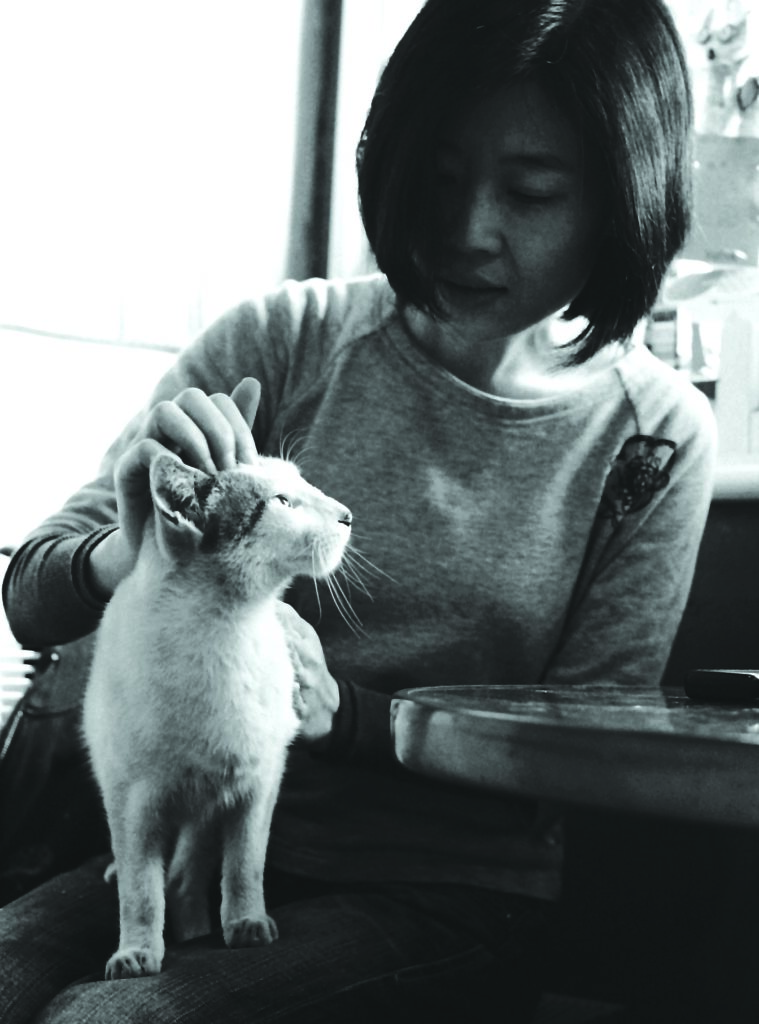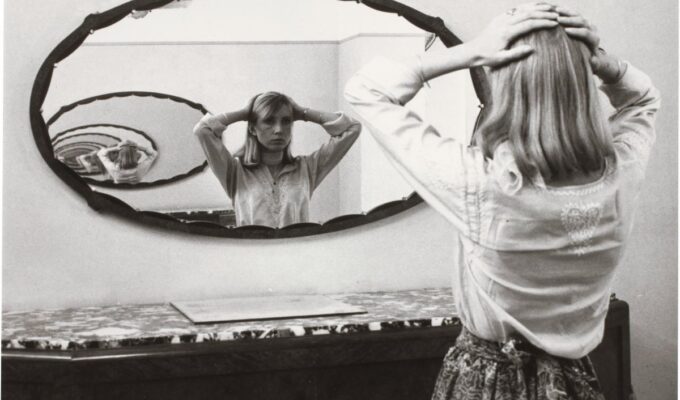By Max Oravin
For the last couple of months I’ve mainly lived in Finland. I did some performances, visited readings and events and talked to numerous poets. Slowly, week by week, an image of the contemporary poetry scene crystallized inside of me. It’s a vague image, not more than a sketch: my still embryonic mastering of the Finnish language made me dependent on outward appearances and second hand information. Nevertheless, I hope this sketch can give a hint about the vibrant scene of a small country. I’ll try to achieve that goal by focusing on two phenomena of contemporary poetry that seem important to me: the poets around the small publishing house Poesiaand the events of the Helsinki Poetry Connection.
1. Poesia : a publishing collective in Jyväskylä
By Finnish means, Jyväskylä, with its roughly 130.000 citizens, is a full-grown city. A quarter of them are students. The old wooden center was torn down in the fifties to be replaced by concrete buildings, and despite the inevitable woods and lakes it is impossible to escape the drone of traffic. People play ice hockey, get drunk in front of monstrous shopping centers and have fights in front of student bars. And yet, this inconspicuous town has grown in the last decade into the most important center of Finnish poetry besides Helsinki.
There are two main meeting places for poets in Jyväskylä. One is the only artist’s bar in town: Vakiopaine. In addition to concerts and nightly drinking bouts, poetry readings are fairly common. At the open mikes, which are held at erratic intervals, it is hard to get a seat or even a stance in the attentive audience. And almost all newly released Finnish poetry books will be presented by the authors themselves in Vakiopaine one day or the other.
The other main meeting place is Kirjailijatalo the “Writer’s House”, a roughly a hundred years old wooden building in the university district. It offers a selection of literary magazines to browse through, holds readings and is used as a meeting place for literary organizations. The house also serves as a residency for writers both from Finland and abroad, usually without bureaucratic application procedures. And sometimes an impoverished poet may stay for months or even years, no one seems to bother. (Since the only regular employee of the writer’s house was fired in December 2013, the unannounced visitor finds the doors more often locked then not – fact that endangers the importance of this meeting place.)
Kirjailijatalo is maintained by Keski-Suomen Kirjailijat r.y., the Central Finnish Writer’s Union. This public organization also offers the remarkable Ateljee Criticism Project: writers get a small compensation when they comment on manuscripts of their fellow writers. This arrangement makes it way easier for new talents to enter the scene: it is easy for a young poet to receive feedback from an established poet. Therefore the young poets get an honest, harsh critic instead of the usual formal rejection letters, while established poets keep track of contemporary poetry and nascent talents. The project was initiated by Risto Niemi-Pynttäri, a professor for Finnish Literature at the University of Jyväskylä, who keeps a keen eye on contemporary poetry. At the moment he is involved in establishing a new writing school in Helsinki. For that he partly seeks inspiration in the German language regions: in the summer of 2013, he go know the Vienna School of Poetry as guest professor at the University of Vienna. And a journey in winter of 2013 led him to the German Institute for Literate in Leipzig.
Kirjailijatalo is also the meeting point of a small publishing house specialized in poetry: Poesia Poesia is a collective, led by the poets themselves. Since a few years, the publishing house has its own printing press. It produces poetry books of high quality and beauty that would have no means to exist within the big publishing houses of Finland. All books can be downloaded free of charge from the publisher’s homepage, a contemporary distribution strategy in the dawning times of pirated ebooks.
Since the late 2000s, Poesia has turned Finnish poetry inside out. After having been an insider tip for a long time, the publishing house gained public recognition in 2013. Poesia and its writers got the Central Finnish Sponsorship Prize for Literature, the Runeberg Prize and the Helsinki Sanomat Literature Prize. Helsinki Sanomat is the biggest newspaper in Finland: the young poet generation has caught the spotlight of a broader reading public.
As I am told over and over again, the situation for contemporary poetry has been different ten years ago. There was not a single independent small publisher, and the big publishing houses mostly neglected poetry. There was hardly any exchange with European or American scenes, Finnish poetry followed its own laws. Experimental movements like Oulipo, FLARF or Google Poetry that would be important for the emerging scene were unknown to established poets and their editors. The new generation started to connect, unpublishable manuscripts were handed around. An entrance point for many was Tuli&Savu (“Fire&Smoke“), a magazine that has stayed influential until today. Founded in 1994, the post of head editor was taken over by Leevi Lehto in 2002. Lehto was a fifty year old poet at that time and open for the new ways of poetry. The editors who succeeded him were taken from the young poetry scene itself and switched annually. They formed Tuli&Savu into the most important platform for new poetry.
It was also Leevi Lehto who founded Poesia in Helsinki in 2005. Drawing on the upcoming Book-on-Demand system he was able to publish new, experimental, unpublishable poetry without any budget. In 2007 he transferred the conductorship of the publishing house to Harry Salmenniemi and Miia Toivio and founded ntamo, another publishing house based on Book-on-Demand.
For a few years, Poesia continued the anarchic publishing strategy. Poets like Teemu Manninen, Henrikka Tavi and Mikael Brygger used Poesia as an experimental field for their often playful verses. Harry Salmenniemi, maybe the most influential poet of the younger generation, could place his debut book at the big publishing house Otava in 2008.
Poesia changed fundamentally in 2011: the publishing house got a clear organization structure as a collective, led by a group of poets. The collective started to print books in high quality and small editions. One of the books published that year was Vastakaanon, the “anti canon“, an anthology of Finnish poetry from the years 2000-2010, edited by Juri Joensuu, Marko Niemi and Harry Salmenniemi. until now it is probably the best starting point for getting to know the contemporary scene.
Since 2011 Poesia has produced books that gain increasing recognition: for example, Olli-Pekka Tennilä’s Yksinkeltainen on kaksinkentaista (2012), translations of the American underground writer Sam Pink in Aion kloonata itseni ja tappaa kloonini ja syödä sen (2013) or Henriikka Tavi’s explicitly megalomanic project to release one poetry book each month in the year 2013 (Teossarja 12). With the prizes mentioned above, Poesia is now officially established in Finnish literary life.
ntamo, the publishing house of Poesia founder Leevi Lehto, also continues to fight for the betterment of Finnish Poetry, with a different approach from Poesia. The publishing house still produces solely by Book-on-Demand and released fifty new books in the year of 2013 alone. Many criticize this enormous output. A fierce debate about this was held in autumn of 2013 in the feuilletons and Internet forums and became known under the name “ntamogate“. A reconciliatory opinion was given, for example, by the influential critic Maaria Pääjärvi: while it is true that ntamo produces a high amount of bad books, it also releases a number of good poetry books each year. for this the publishing house deserves recognition.
In the last years Leevi Lehto has steered ntamo continuously away from the experimental movements that defined the beginnings of Poesia. Those movements have, as he aptly declares, arrived in Finnish literary life and are not in need of a lobby anymore. His publishing house still has an ear for voices that might otherwise be muted.
*
Below I want to present a few of the poets active around Poesia. As in the next chapter, the selection of cited poems reflects the availability of translations and not necessarily the greater importance in the Finnish poetry scene.
Harry Salmenniemi might be the most influential experimental poet of the younger generation. Although he has played a great part in shaping the history of Poesia, his books are placed in the big publishing house Otava. In private conversations, people have often called his second book, Texas, sakset (Otava 2010), a classic of new Finnish poetry.
Many people have loved
me, but none have been
an open field. Cucumbers;
somewhat plump calves.
(from Runojä, Otava 2011. Translated by Teemu Manninen. more poems from this book can be found on lyrikline.org, read by the author and accompanied by English translation)
(…) The dull clank of metal on bone,
strikes at various consciousnesses, sometimes in Iceland,
near the coast, whale bones and tanks.
I saw a black-and-white picture of the waves,
and from then on I’ve thought waves are
black-and-white. No war, no peace will
last forever. The memory stick flashes, a hand
removes it from the computer. An organism must
continue long enough that its limits are exposed.
Sometimes, when you imagine you are a machine, sometimes
when you are a machine. A bottle of mineral water, empty-full, wine
on the floor, you walk naked towards the window.
(from Kivirivit, Otava 2013. Translated by David Hackston. A longer quotation from this part is published at Books from Finland along with a criticism of the book).
V. S. Luoma-aho is equally shaped by Philip K. Dick, William Burroughs and science fiction as by the American Language Poetry and the short story writer Donald Barthelme. He is an active member of the Poesia collective.
Sometimes I urinate on the lens of my camera, just to take pictures
of angels. Sometimes I spit on my glasses, so that the world might be filled
with angels. Deep blue is the protecting archangel Michael.
Pink is protecting, unconditional love.
Sometimes the world’s texture is like an axe. Violet represents
the avocado of spirituality. The white in a cucumber is strong
expression. All eyeballs, that have a path or a trail behind them,
move. Pastel shades are ugly colours.
This is a portal /
(from the poem “Metatron”. Remora, Poesia 2011. Translated by Teemu Manninen)
Mikael Brygger has for many years been formative for the younger generation of poets in his role as organizer and editor. His own poetry stands in the tradition of Oulipo and FLARF.
Wolf
Sol: Lo owl of flow
solo so low, o follow
(from Emily, Poesia 2008. Originally in English)
Béatrice
where may is b B be bee
may plus be may minus be
may times be may divided be
now what about Cassandra?
(from Emily, Poesia 2008. Originally in English)
Olli-Pekka Tennilä, who won the prestigious Runeberg Prize for Finnish Poetry in 2013, is heavily influenced by Paul Celan und has developed a high art of word games: as he calls it, a “homonymic logic“. He is skeptical about the possibility of translating that kind of poetry. Although one of the most influential poets of his generation, his poems have been so far only available in Finnish.
Kristian Blomberg is a poet, editor and translator (for example, of Stéphane Mallarmé’s A Throw of the Dice). There are as yet no available translations of his fragmentary, philosophical poetry.
Pauliina Haasjoki is part of the Poesia collective. A short article with an interspersed interview can be found on Books from Finland.
I t s o h a p p e n e d that they sat on the roof of the boat and arched
over the water in their delight, the sea carried them somewhere. The boat was
light to steer and understood like a horse; they were able to
lean, laugh and become drunken. There are no words for this.
The surface so steep that eyes had to be closed, the tender core
that splits almost immediately, for example humility.
Slow sounds break the water like long oars, and the long
ship slips forward. Enormous oars hit the water far away,
travel just below the surface, are lifted, drip,
are jerked backwards. Steady, narrow, powerful oars.
(from Aallonmurtaja, Poesia 2011. Translated by Hildi Hawkins. More sections from this book are published on Books from Finland)
Teemu Manninen has been active as a poet, translator and editor for many years. He is part of the Poesia collective. His intensive study of the methods of poetry, from ancient verse forms to postmodern composition techniques, gives important impulses for contemporary Finnish poetry to this day.
The larvae of the orange underwing crawl out of currant leaves in the spring,
barklice, blackflies, spiders from the entrails of plants rouse from torpor, the
sedge and the reed warblers,
the water fleas of a low-water pond, gnats delivering parasites, and
comformity, the yells of Biblical monkeys, spawn. Hedgehogs begin to move.
Under the arches
the great horned owl Apathy has eaten our spirits, even if I change her water
every week, but everywhere hundreds of grasshoppers are chirping, small
lizards with slimy feet in the cut pebble,
the dolphins of the sweet waters, turtles and crocodiles thrive as white water
surges down rapids and falls. Splashing is heard in the gloom of the fish.
(from the poem “The Great Horned Owl”. Translated by the poet)
Henriikka Tavi has been shaping Poesia since its inception. In 2007 she has won the Helsinki Sanomat Literature Prize for her debut Esim. Esa published at Teos. A short essay about her can be found on Books from Finland.
But I write not to release my grip; I’m writing
to hold on to you. Perhaps you too need contact,
though you no longer exist. Perhaps you’re cold,
though you no longer exist. Perhaps you feel ill,
though you are no longer. Though you are no longer, I
shall write to you. I remember what you look like.
I remember things so little.
(from Toivo, Poesia 2011. More excerpts from that book on Books from Finland)
Miia Toivio led Poesia from 2007-2009 together with Harry Salmenniemi.
Would we could arrive
of questions unburdened
somewhere
where our toes drop off
and our cheekbones, outlines.
Would there were a place
where warmth came quickly.
(from Pysty hiljaisuus, Teos 2013. Translated by David Hackston. More excerpts from this book can be found on Books from Finland, along with a criticism in English language)
Marko Niemi is a poet, translator, organizer and part of the Poesia collective. He has experimented with digital poetry for many years. Some of his partly interactive Internet poems in English language can be found on logolalia.com, unlikelystories.org, rhizome.org and in the homepage of Poesia.
Mari Laaksonen has won the Finnish poetry slam in 2013. She is one of the organizers of the Ateljee criticism project in Jyväskylä.
It’s not delusion that repeats. The white sheep shaped pillow under your desk
is a cat every time your gaze hits. Again and again under your desk
a microsecond of recognition and a perfect image in your brain.
Like the screaming voice of a man from the next room. The body is ready
before the sound is born. Doesn’t understand the world where the human sound is not
a sufficient condition of being.
(from Galleria Noesis, ntamo 2013. Translated by the poet)
Erkka Filander is a headstrong poet, barely twenty years of age. I’m told he has left school at age fifteen to solely focus on writing. In difference to his slightly older colleagues, he is strongly influenced by the English Romantics like John Keats. In autumn of 2013, he won the Helsinki Sanomat Literature Prize for his debut Heräämisen valkea myrsky (“White Storm of Awakening“) and therefore got known to a wider readership. There are no translations of his poems available yet.
Leevi Lehto was born in the early fifties, but his influence on the young poetry generation is undisputed. Until today his poetics remain controversial among Finnish poets. on leevilehto.net some of his essays are found in English translation, especially the influential “In the Beginning Was Translation“.
2. Helsinki Poetry Connection : poetry and performance
In August of 2013 I was invited to Helsinki to do a short audiovisual performance as part of the Runokuu Festival. The event took place in a restaurant on the former industrial site Suvilahti today an important cultural center. I was impressed by the evening’s intensity: far more than a hundred people listened to a tight program of Finnish and international poets. Poetry was screamed, sung, illustrated by videos, and the open mike in the end revealed an enormous diversity of talents slumbering in the audience.
I found a similar intensity both in performance as in the concentration of the audience a few days later in the Dubrovnik bar in the center of Helsinki, owned by the Kaurismäki brothers. I was standing tightly squeezed in the audience, anxious for air to breath. Words were woven into improvised music, a collective novel was recited, and a to me remarkable group of three poets (Tuomas Timonen, Eino Santanen and Matti Kangaskoski) calling themselves “Black Mödernism” fused poetry, sound art and slide projections into a gloomy, perfect entity. The audience reacted with a euphoria seldom in poetry happenings.
One of the organizers of the Runokuu festival was the Helsinki Poetry Connection Since a few years, it has reshaped Helsinki’s poetry scene. The collective was founded in 2008 by poet and performer Harri Hertell and committed itself from day one to aural poetry in all its forms: spoken, rapped, sung. This poetry focused on performance in its furthest sense is called “lavarunos“ in Finland: stage poetry. in the recently released anthology of the Helsinki Poetry Connection Kasper Salonen, since 2013 executive director of the organization, wrote:
“Poetry exists all around us in myriad forms – from the collections and anthologies lining the shelves of bookshops to the objets trouvés of newspaper layout text art or the sprawling interactive poems found online – but on the stage (both proverbially and literally) it gains an element of sustained immediacy that is unattainable in any other setting.”
(Lava-antologia, Poesia 2013, S. 11. Originally in English)
The focus lies on the unique qualities of the aural poetry word. The different scenes are closely interwoven in thinly populated Finland: the anthology was published at Poesia, and Poesia poets often find themselves performing at events organized by the Helsinki Poetry Connection. But there is a difference in emphasis, a demarcation to most of the Poesia poets obsessed by the written word. That the Lava anthology was received with mixed reactions was partly due to the fact that it tried to force the spoken, howled, rapped word into the format of a traditional poetry book. A documentary movie or a series of audio recordings might be more adequate to the phenomenon of the Helsinki Poetry Connection.
Since the eighties, Finland has seen a renaissance of poetry readings, mostly in Turku and Jyväskylä. But those readings had only reached a limited audience of connoisseurs. The Helsinki Poetry Connection and its related organizations in the capital (like Turun Runoviikko, Nihil Interit, Kirjan talo and Nuoren Voiman Liitto) put poetry back into the center of contemporary culture, open for the influences of rap, experimental music, film and performance. The attention of artists from other spheres is high. It is interesting to see that even a poet like Harry Salmenniemi, who is quite a stranger to performing, is increasingly teaming up with modern composers and avant-garde filmmakers. Maybe the next phase of the Finnish scene emerges: poetry, freed from the straight jacket of literary business.
Below is a small selection of the numerous protagonists surrounding the Helsinki Poetry Connection. a few of the poets presented in the chapter on Poesia could also be included here: Teemu Manninen for example has been a vital part of the Helsinki Poetry Connection since its inception.
In contrast to the last chapter, these excerpts can only give a poor image of the intensity and often high quality of a poetry based on performance. As of yet, no adequate video footage exists.
Harri Hertell is the founder of the Helsinki Poetry Connection and active as a poet, spoken word musician and DJ.
We’ll hammer nails into two-by-fours
and irreverent coats of arms behind locked doors,
bring about world peace at the push of a button,
for a song by a nightingale long since gone
where this city was born.
The king’s carriage creaks past childhood traumas,
summer loving unfulfilled, unchecked,
that the music man on Fifth & Frederick
waters with his tin pan watering can
where the tramlines intersect
(translated by Kasper Salonen)
Kasper Salonen is a bilingual poet und organizer. in January of 2013 he was elected as the first executive director of the Helsinki Poetry Connection in its new function as a non-profit association.
but on the night of the first snow
through clouds or windows or treetops
they say lightning sparked a bright tear
blue as a glimpse of a nightmare, or paradise,
on the sky & upturned eyes.
and that’s how winter raged in on us
soft & electric: without thunder
or the noise of vanishing colours.
(from the poem “winter current”, Lava-antologia, Poesia 2013. originally in Englisch)
and twitch, regress to find truth and switch one verb for another,
one melancholy or jolly electronicandid doing word decking the halls with boughs of holly
and whole shrouds of folly, the impenetrable lisps that dog our every whisper and step
(quotation provided by the poet. originally in Englisch.)
Juho Nieminen has won the Helsinki Poetry Slam four times and is active in the Helsinki Poetry Connection since its inception. There are no available translations from his work.
Juho Kuusi is a poet and rapper. He has won the Finnish Poetry Slam in 2013. His recordings sind available on Soundcloud.
my skull to someone who likes to crack bones
my hands to the freezing hunter who has no hands to cut wood
or who is so busy feeding hungry mouths
that he only has the time to think about others
(from the poem “Testamentti“, performed at the Coupe du Monde Poetry Slam 2013, Paris. A video of the performance with inserted translations can be found at dailymotion.com)
Matinpoika is a poet and rapper. There are no translations of his work available. His recordings are available on Soundcloud.
Eli Solana is the pen name of poet and musician Elina Salo. There are no translations of her work available. Her recordings are available at Soundcloud.
*
It would be impossible to name all the people who have provided me with information on the Finnish poetry scene, in numerous and often causal conversations. As representatives I’d like to thank my main informants, who have patiently answered countless questions: Mari Laaksonen, Harry Salmenniemi and Kasper Salonen. Needless to say, any mistakes or distortions are solely my responsibility Thanks is also due to V. S. Luoma-aho and Kasper Salonen for providing me with translations. Writing this approach would have been impossible without them.
–
http://www.kirjailijatalo.ma-pe.net
http://www.tulijasavu.net
http://hkipoetryconnection.blogspot.de
This article is part of a collaboration between Babelsprech, Hilda Magazine and Samplekanon
and was published online by all three participants. Read the German text in the series Türme der Nachbarn
on Babelsprech. Read the article in Hilda Magazine.
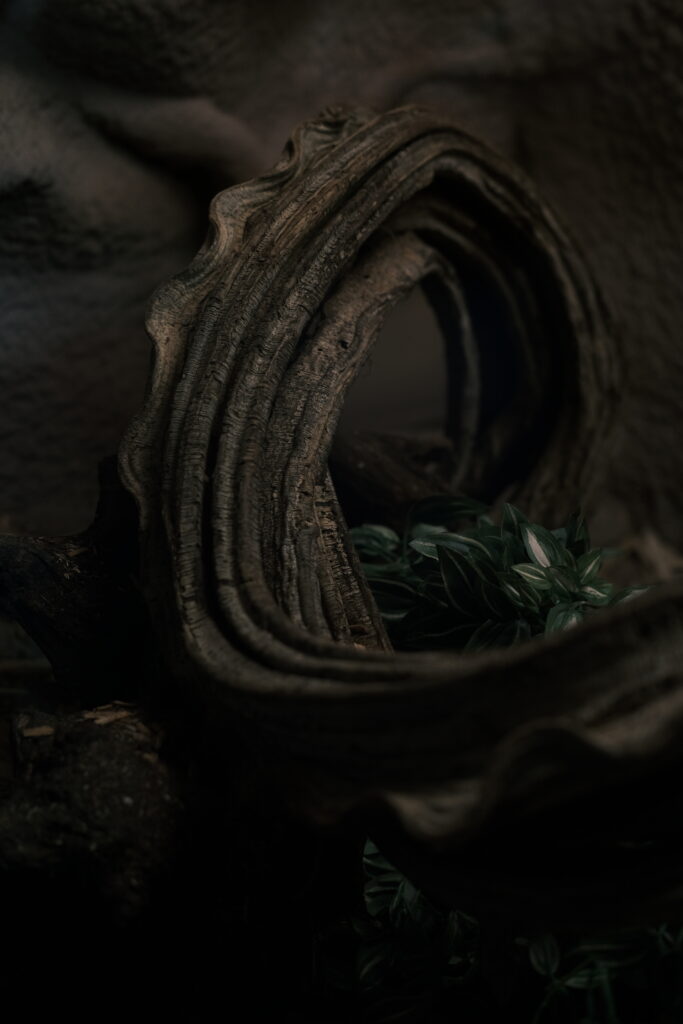
Pieter Van de Walle
je dacht dat ik overdreef toen ik zei dat mijn vijf kolibries
vijf verschillende voederbakjes nodig hadden
omdat ze elkaar anders met hun snavels de kop inslaan
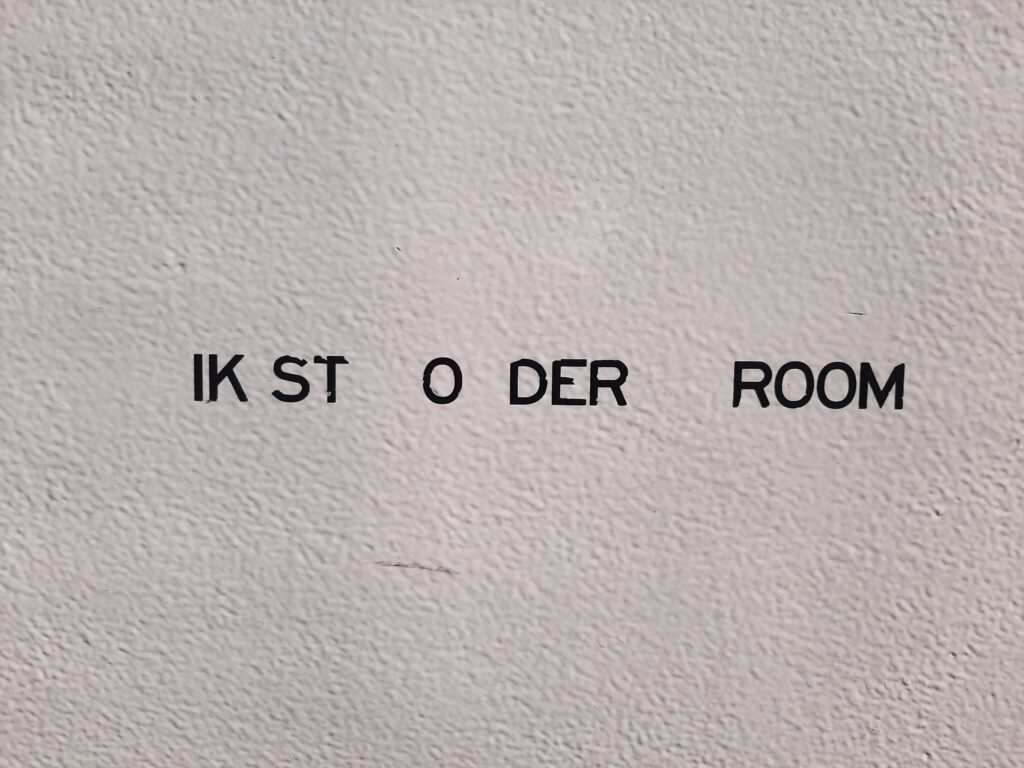
Tim Bongaerts
er is weinig voor nodig
een korte ontkoppeling
van je lichaam
hoor je het bot kraken?
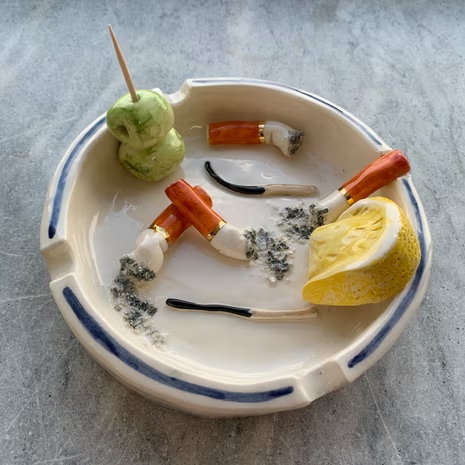
Simone Atangana Bekono
UHH,,,I AM SORRY I KNOW NOTHING OF FORM!!
er wordt veel over me gefluisterd
ik mis tucht dus ik vraag stergespreid om tucht

Angelika Geronymaki
diep in de aardkorst gaat de tektonische grens
gebukt onder een saboteur, voor hem het onderrijk,
anti-oceaan e.d.
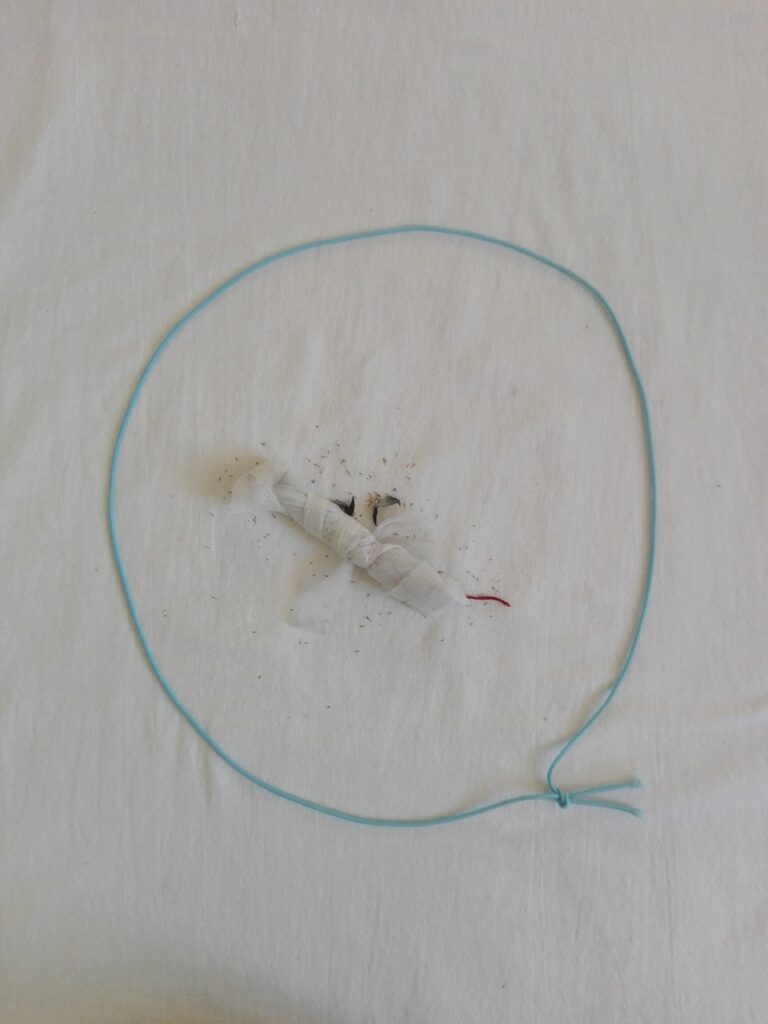
marwin vos
de teksten opnieuw doorgenomen op de woorden
– zelfmoord
– moord/uitsterven
– weigeren
– joy
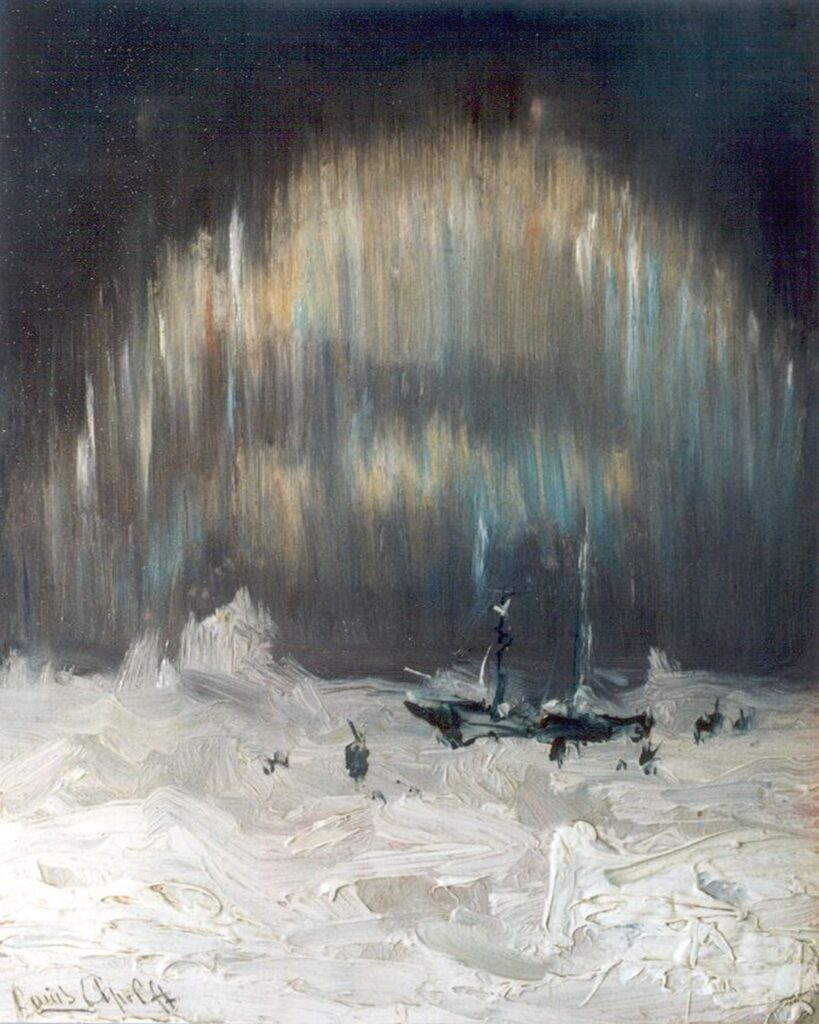
Yasmin Namavar
ik kniel voor de bloemen, de velgen
gebukt onder het lichaam
als ik opkijk
ligt er een kind tussen mijn benen
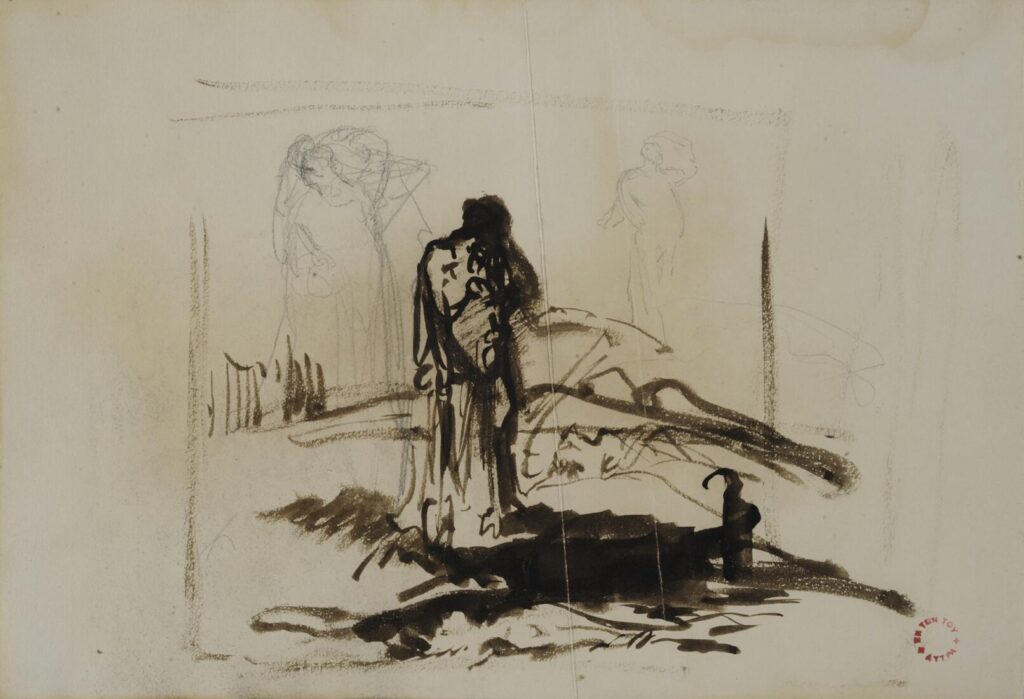
Alara Adilow
Dysforie diaspora dysforie mijn
en laat me daarna spreken
Met dit bijeengeraapte vocabulaire
van ingestorte dingen: steden ideeën idealen familie economieën.
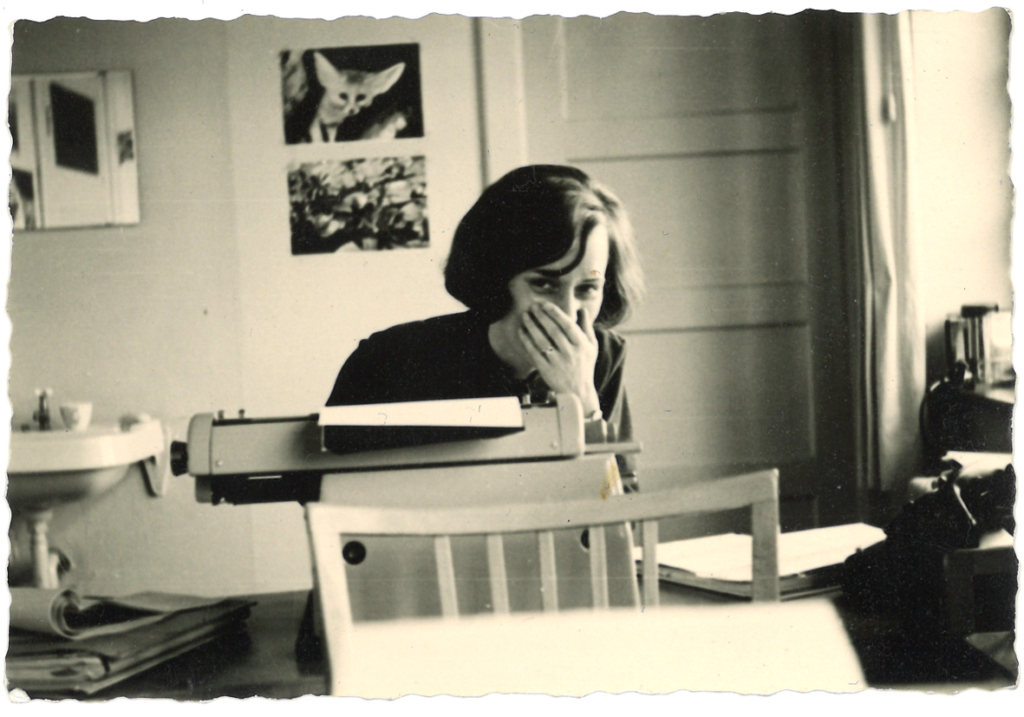
Max Urai
De auteur wil de volgende personen en instanties bedanken voor hun hulp bij de totstandkoming van deze roman.
